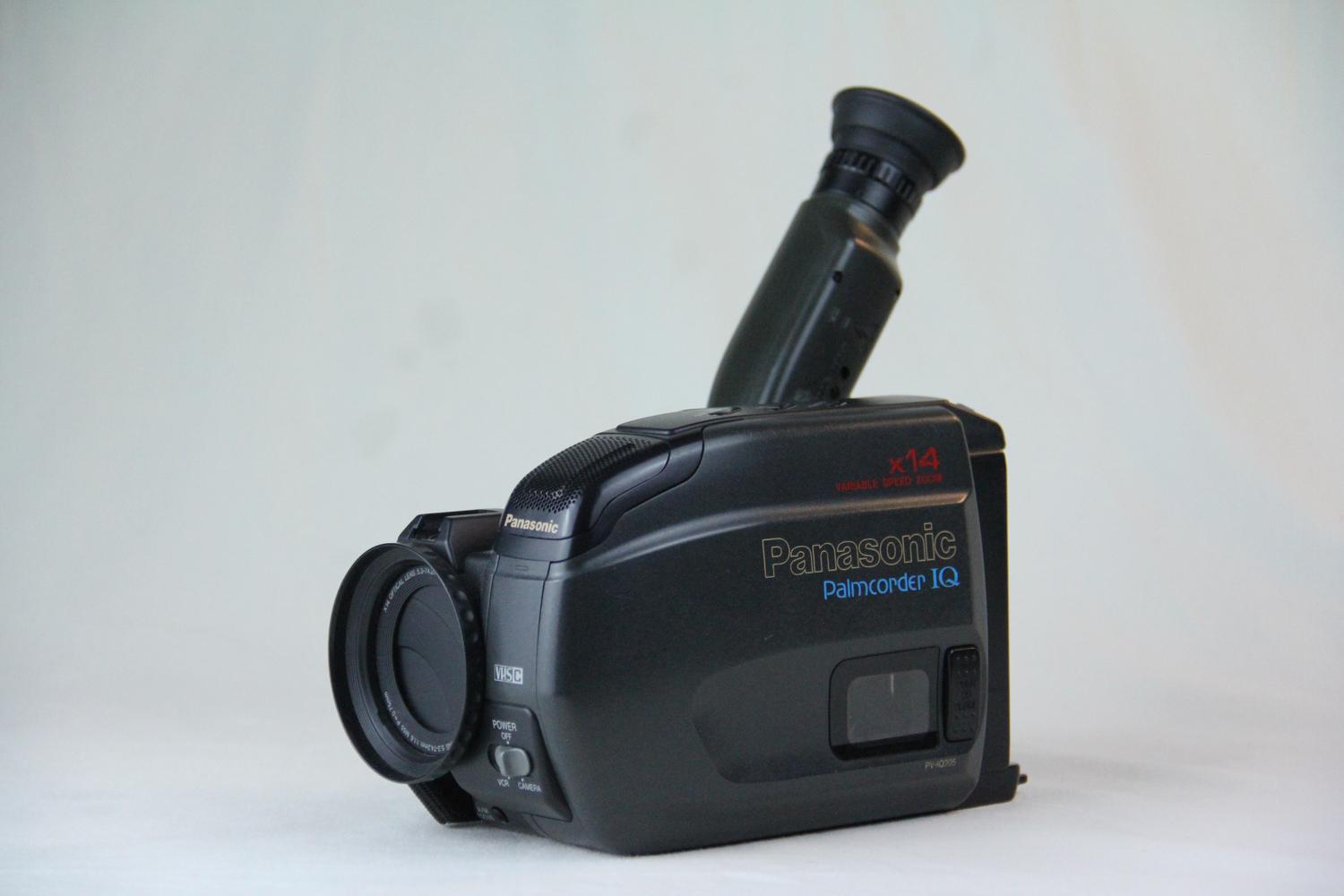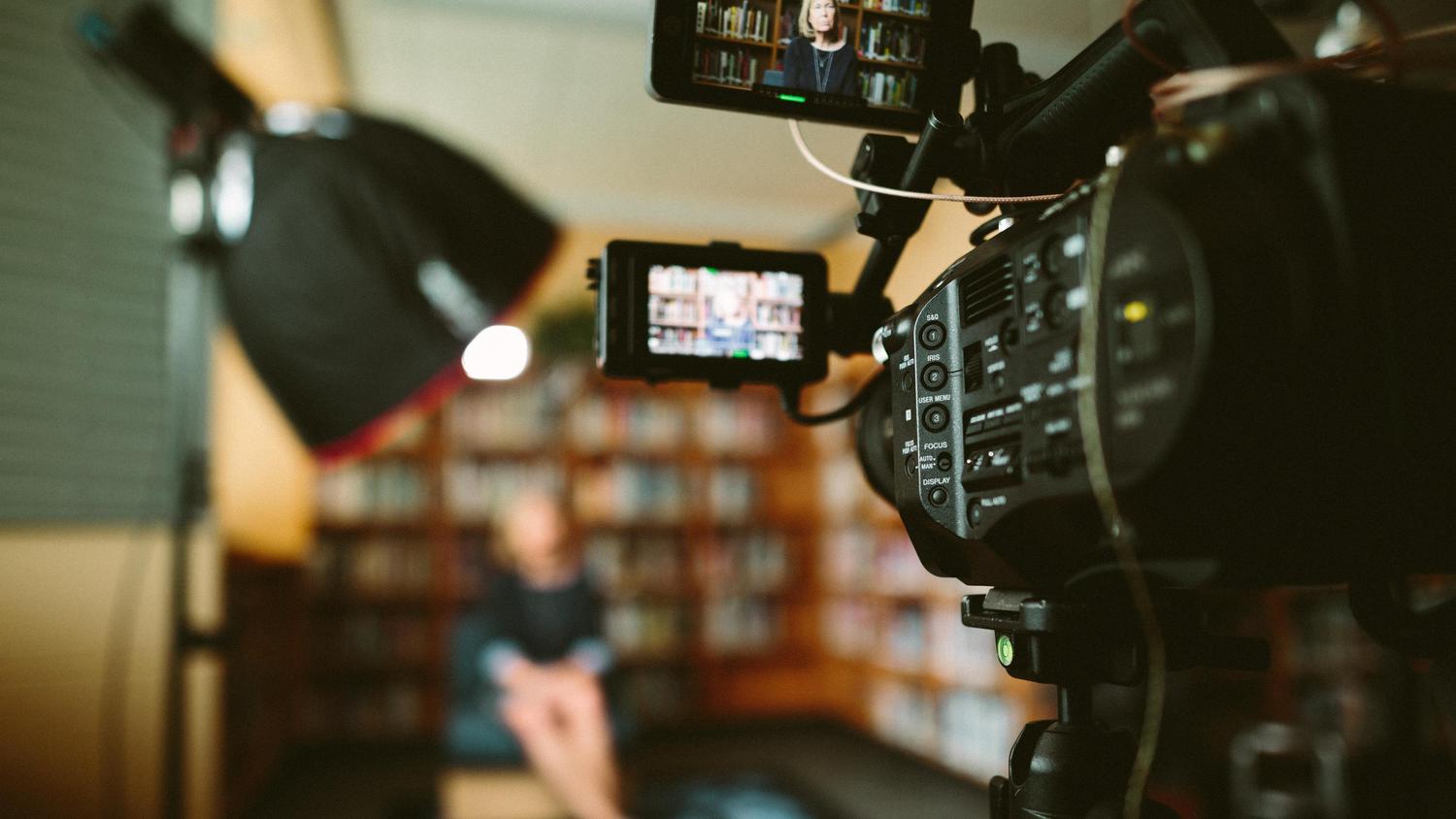Of course, you should also interview your colleagues (whether you love them, like them, or barely know them).

And there are lots of other people in your life, I’m sure, with whom an interview would open your mind, open their heart, and open new possibilities.
But let’s start with an interview — your interview of someone you love.
Last Friday, I was talking to an Uptaker, and he told me he was going to spend lots of time with his 8-year-old daughter on the weekend. I asked him if he had ever interviewed her, and he looked at me with a puzzled face. So I gave him the advice that I’m sharing with you now — whether it’s in a park, at the dinner table, or at bedtime, tell your son or daughter you want to interview them, and using your voice recorder as the microphone (and so that you can save it forever), off you go.
A true interview. With a microphone, and the record button pressed on. Making it a formal “interview” changes everything.
I started interviewing my kids when they were three and four years old, respectively. Phone-embedded recorders were not so common back then (and in 2003, I was using the blackberry!), so I started with a handheld digital recorder. And with that little gray Panasonic recorder, I began a bedtime interview series that is priceless. I have dozens of interviews that not only make me laugh (or think, or smile, or maybe cry) whenever I listen to them, but that also bring our family back to those precious moments when we listen to them together.

Now, don’t get me wrong — I’m not asserting that a 5-year old is an easy subject to interview. Take an audio clip from the vault — say, from June 9, 2005, the day that my daughter Chloe lost her tooth, and I attempted to get her thoughts on the big event. It’s difficult for the tooth fairy to daylight (sunlight? whatever the opposite of moonlight is —) as a journalist.
But I am asserting that interviews are different than just talking to someone over the phone, at a conference table, on a walk, or on a Zoom. Interviews give permission for you to be actively curious and probing in your questions, and they give the interviewee a framework for being mindful in their answers (and hopefully more open than usual in offering insight into their lives and experiences).
The interview format has been the bridge to many powerful moments in my life. One happened a few years ago — at the very end of my podcast interview with Neil deGrasse Tyson, I asked an unplanned question. Neil had been telling me about the cosmos, and about human beings in relation to the entire universe. His comments had put interpersonal differences, religious beliefs, and cultural biases into perspective, so I was wondering how he thought about tragedy. And given the interview format — in which I was able to have a one-way conversation that allowed me to explore my questions and my thoughts (without the pressure to reciprocate that arises from a conversational format), I was able to dig deep, and his answer was the most powerful piece of wisdom I’ve heard in awhile.
At minute 27 (of the 29 ½ minute interview), I ask the question, and you can hear the answer for yourself. He recounts something he has not shared widely before, words that he wrote to be read at a funeral of a 12-year old boy (words, he told me, inspired by a book written by Richard Dawkins). The “interview” format gave me a chance to dig deep, and it paid off.
For those of you who say “I don’t know how to do an interview” or “it seems so uncomfortable to ask someone to be interviewed” — for you, I suggest StoryCorps.
I met StoryCorps’ founder, Dave Isay, six years ago at the TED conference. He told me about its mission to enable people to understand each other, something increasingly rare in today’s always-tweeting, way-too-busy, divided (culturally, economically, and now-quarantined) society.
By looking at each other with microphones and a turned-on “record” button, it seemed that people opened up and revealed themselves, and that the ripple effects of impact were real. To make the interview process more comfortable, Dave created the StoryCorps App (on both IoS and Android), a free app which gives a framework of suggested questions and cadence, and then records and preserves the interview. Dave’s vision has resonated — millions of people now use StoryCorps as a format to interview each other.

Just as the podcast format has exposed me to the brilliance of other people, the StoryCorps app has given me moments with loved ones that I will forever treasure. Five years ago, my Uncle was in late stages of a very complicated cancer, and it seemed that his days were numbered. So, sensing that our last chances to spend quality time with Uncle Dick were upon us, my family made a trip to Miami to spend a few days with him. I believe that days like those are difficult on everyone, including the person who is sick, as the looming pressure to share deep thoughts is palpable.
By opening up the StoryCorps app and asking Uncle Dick if I could interview him, it created a sacred space in which the app gave me suggestions of profound questions to ask, and the ‘interview’ format gave Uncle Dick an understanding that his answers warranted introspective thought. The result was not only the last real interaction I had with my Uncle, but also the most powerful and revealing. I only wish that I had been able to have conversations like that with him earlier in his life.
Long holiday weekends are about memories — perhaps making memories, or perhaps finding zones of quiet and peacefulness to access old memories. On this Labor Day weekend, my advice is to start a new tradition between you and your family, your loved ones, and/or your friends — do your first interview (hopefully the first of many). Whether it’s for a podcast, done on the StoryCorps app, or simply in an audio file that you save, my advice is to record the interview. Use the structure of the interview to give you newfound space to get to know the person in a deeper and more expansive way.
I believe that by doing so, you will further build the bonds of relationship. And during these interviews, more often than not, you will realize insight. And the insight will reveal meaning. And the meaning will matter to you, and will have an impact on your life journey.